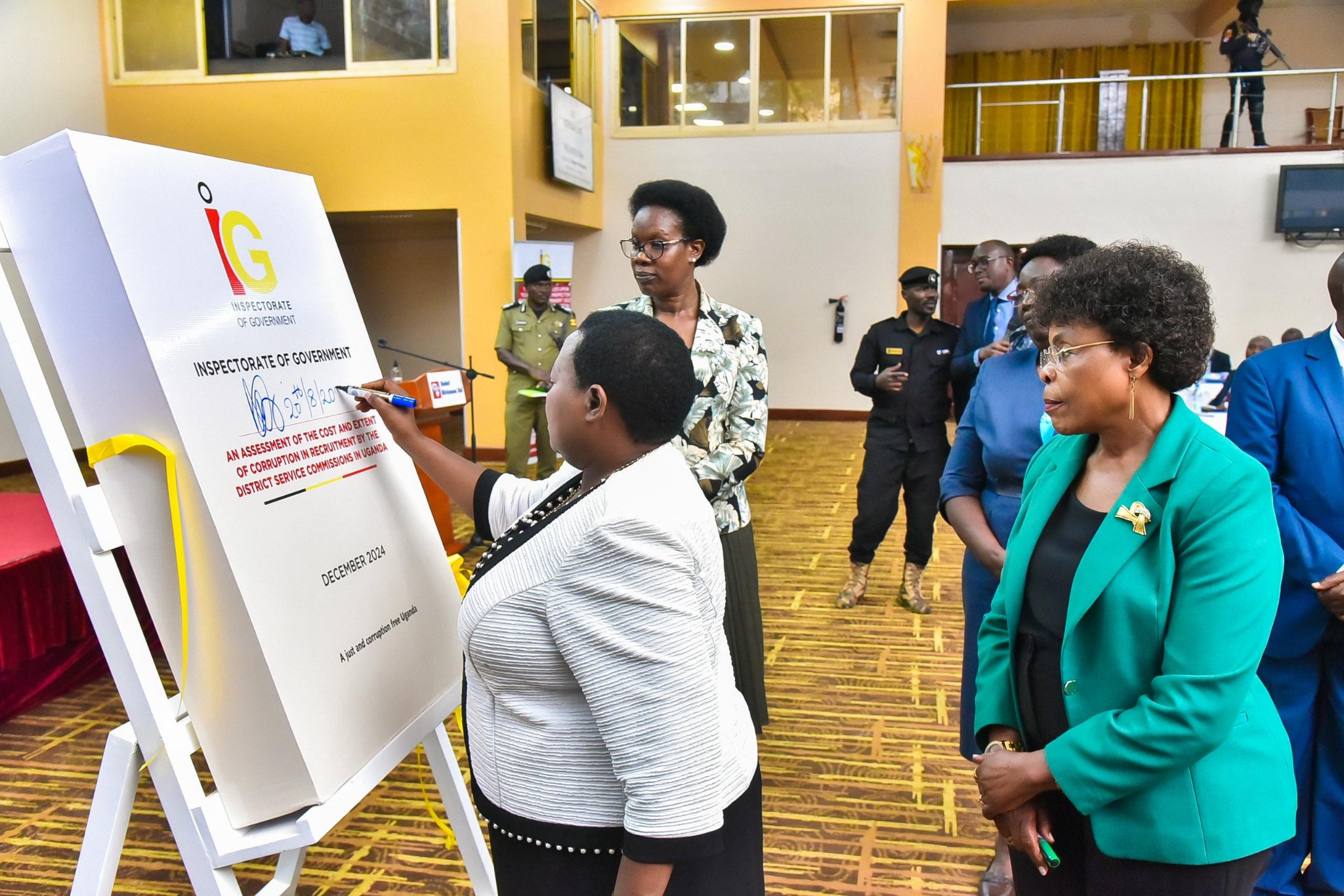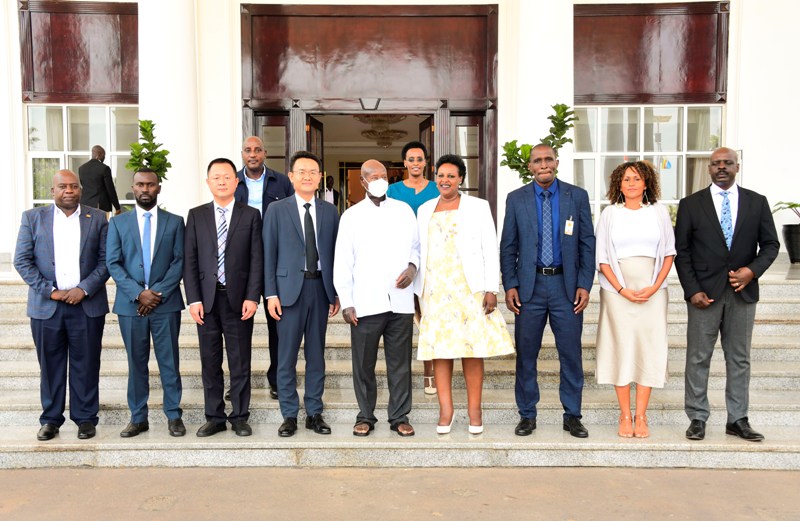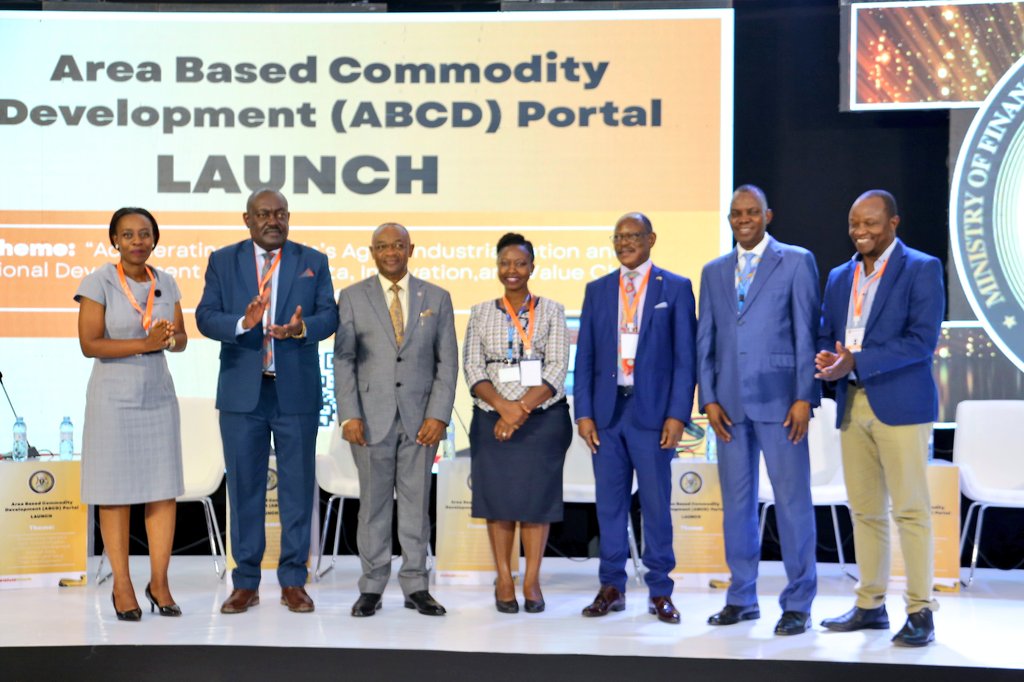Corruption in public service recruitment persists despite reforms: Govt officials grieve helplessly
The Prime Minister called upon all stakeholders to adhere to President Museveni's guidance, urging them to use the report's findings to formulate reforms that will uphold the integrity of Uganda’s recruitment system.

A new report by the Inspectorate of Government (IGG) has reignited debate on why corruption in Uganda’s public service recruitment continues to thrive, despite decades of reforms and high-profile denunciations by government leaders. Uganda’s fight against corruption in public service recruitment continues to face a sobering reality: despite repeated reforms, job-seekers are still forced to pay hefty bribes to secure government jobs.
The report launched by Prime Minister Robinah Nabbanja confirms that 35% of public servants bought their way into employment. The report also reveals that more than one in three public servants in Uganda secured jobs by paying bribes, exposing deep-seated corruption in recruitment.
Prime Minister Robinah Nabbanja launching the report on Wednesday, 20th August 2025 in Kampala condemned the “shocking, unpatriotic, and unprofessional” extent of corruption within District Service Commissions (DSCs), as she launched a damning report revealing that over 35% of public service workers in Uganda secured their jobs by paying bribes.
Speaking on behalf of President Yoweri Kaguta Museveni at Hotel Africana, Prime Minister Nabbanja expressed disgust at the findings of the Inspectorate of Government (IGG) report, “Assessment of the Cost and Extent of Corruption in Recruitment by District Service Commissions in Uganda.”
“It is disgusting to learn that over 35% of public service workers secured their jobs by paying bribes,” Prime Minister Nabbanja stated, quoting the President’s speech. “On this basis, it’s likely most of these individuals may not have met the necessary qualifications for their roles. It’s unfortunate for our children to pay 3 million shillings and above as bribes to secure lower level public service positions and 40 million shillings and above for senior district jobs as revealed in the report.”
The Prime Minister called upon all stakeholders to adhere to President Museveni’s guidance, urging them to use the report’s findings to formulate reforms that will uphold the integrity of Uganda’s recruitment system.
She reiterated President Museveni’s position: “The NRM introduced reforms to decentralize recruitment, empowering independent district service commissions to promote local decision-making and accountability. IGG, Public Service Commission, and the Ministry of Public Service must vigilantly oversee recruitment and hold those who engage in wrongdoing accountable.”
Inspector General of Government (IGG), Beti Kamya Turwomwe, affirmed the shocking statistic, noting that the study indeed revealed that over 35% of public service workers secured their jobs through corrupt means.
“Given this, it’s likely many of these individuals may not have met the necessary qualifications for their roles,” Turwomwe said. She highlighted that as a result of the IGG’s efforts, over 100 appointments made by DSCs have already been rescinded due to irregularities.
Echoing the call for reform, Catherine Bitarakwate Musingwiire, Permanent Secretary of the Ministry of Public Service, recommended adhering to recruitment timelines to prevent last-minute emergencies, which she noted often create opportunities for corruption, especially towards the end of the financial year.
“We’re working to cultivate a positive public service culture. What kind of public service do we envision? Let’s collectively define the standards we want to uphold and condemn practices that undermine our values,” she stated.
Ben Kumumanya, Permanent Secretary of the Ministry of Local Government, highlighted a critical challenge in fighting corruption. “One of our challenges is that people often fail to report these corrupt practices. Reports help us prosecute perpetrators. I urge citizens to report incidents of corruption to the relevant authorities. Let’s stand up and be counted. We need more people to come forward and report cases of corruption they’ve witnessed. This will enable us to follow up and ensure action is taken.”
Brig. Gen. Henry Rusoke, Head of the Anti-Corruption Unit at State House Uganda, commended the IGG for bringing to light a matter of national importance. “At the Anti-Corruption Unit, we receive complaints daily about jobs being sold through our toll-free line. This issue persists in every district,” he confirmed. He lauded the Public Service Commission for rolling out the e-recruitment approach, emphasizing, “The sooner it’s fully implemented, the better.”
Rev. James Awanyi, Chairperson of the District and Cities Chairpersons of Uganda, acknowledged the gravity of the research findings. “The findings of this research detail the extent of corruption, which we take very seriously. We condemn all forms of corruption, including nepotism, favoritism, soliciting bribes, and others,” he declared.
He further called for thorough investigations into corruption cases and requested that a ‘name and shame’ list be generated, identifying members of district and government service commissions found guilty of corruption in the recruitment process.
Rose N. Kafeero, Secretary to the IGG, concluded the event by emphasizing the report’s overarching objective. “The objective of the report on the cost and extent of corruption in recruitment by District Service Commissions in Uganda isn’t just to expose the problem, but also to mobilize all stakeholders towards lasting solutions that will restore public trust and meritocracy in public service recruitment.”







